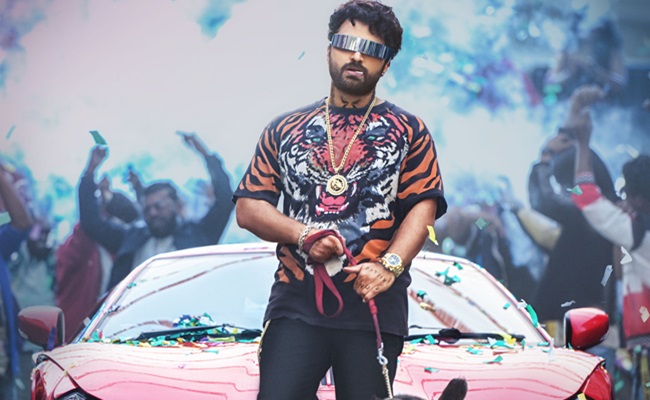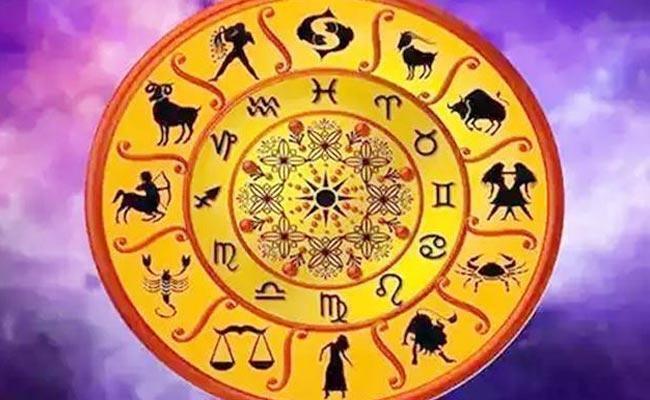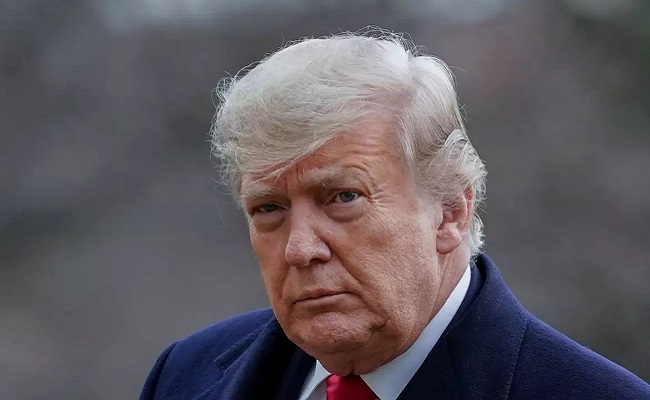
Political compulsions seem to be a reason for the BJP and PDP parting ways in Jammu and Kashmir on Tuesday after their over three year old alliance left both parties apparently wary of their political base shrinking in view of feedback that things had not worked out as desired and could continue the same way till the Lok Sabha polls.
The parties had formed the coalition despite having major differences of views on issues such as the Armed Forces Special Powers Act and Article 370. While the BJP was keen to project a strong nationalist image, the PDP was keen on pursuing a "healing touch" policy that included more open borders and addressing the internal and external dimensions of the Kashmir problem through dialogue.
Informed sources told IANS that the decision to pull out from the Mehbooba Mufti-led government was taken after feedback from the RSS that the BJP was losing its sheen on the issue of nationalism in view of militants repeatedly targeting security forces personnel and also soldiers.
There was a feeling that the visuals of security personnel being pelted with stones or being targeted in ambush was neutralising the image that BJP had sought to build for itself after the surgical strikes of 2016, which Prime Minister Narendra Modi has repeatedly referred to in his election speeches.
With less than a year left for the Lok Sabha elections, BJP chief Amit Shah, taking stock of the security situation with National Security Advisor Ajit Doval and also receiving feedback from other security agencies, assessed that situation was not likely to drastically improve in the coming months specially under the coalition government and the party will find it difficult to counter barbs on the issue of national security by the Congress and other opposition parties.
Jammu and Kashmir has been an electoral issue for the BJP since its inception and the party could ill-afford being seen in the country as having been ineffective in dealing with the militancy and other problems in the state.
Having won all its seats from Jammu and Ladhakh, the BJP was apparently sensing a growing sense of dissatisfaction in the two regions with the performance of the coalition government.
There was an apparent realisation that pulling the plug too close to the Lok Sabha elections would make it difficult for the party to regain its support base.
"Due to the prevailing situation in Jammu and Kashmir, we were losing our grounds in Jammu and Laddakh region. Any political party will be concerned with this kind of situation," a top BJP leader said on the condition of anonymity.
Not extending ceasefire initiative after Ramadan and expending only Rs 35,000 crore of the total Rs 80,000 announced as package by Modi in 2015 were among the other reasons that forced the BJP to part ways with the PDP.
As terrorist activities continued during the month-long Ramadan ceasefire, the Centre on Sunday decided not to extend its unilateral initiative, declared on May 16 to coincide with the holy month.
The decision was taken even after Mehbooba Mufti urged the government to continue with the ceasefire.
"She wanted to continue with the ceasefire but the Centre was adamant because ceasefire results were not on expected lines," a senior BJP leader familiar with the developments said.
He also said that the Chief Minister had very "poor" control over the administration.
"How can a person like Shujaat Bukhari be killed in daylight and that too in Srinagar. This clearly shows her (poor) grip on administration," he added.
Bukhari, Editor-in-Chief of Rising Kashmir, was shot dead by militants outside his office on Thursday. His two security guards were also killed in the incident.
The decision to pull out from the Jammu and Kashmir government was taken days after RSS top leadership held discussion on government policies at Surajkund in Haryana. They also attended the dinner at 7, Lok Kalyan Marg hosted by the Prime Minister.
The two-day brainstorming session on strategy-building and stock-taking of the BJP-led NDA government took place as it has entered into its fifth year.
Sources in the RSS told IANS that a report card over the Kashmir situation was also presented at the Surajkund meet and later forwarded to the Prime Minister. The issue also figured during the meeting of Modi, Shah and RSS leaders at the dinner.
Another BJP leader, on the condition of anonymity, said that "our cadres and Jammu and Kashmir and across the nation were relieved after the decision".
The decision to finally part ways was taken at a meeting of BJP's ministers and office bearers in Jammu and Kashmir with Amit Shah here at party headquarters.
Minister of State in Prime Minister's Office Jitendra Singh said that the Centre under Modi did its best for the development of the state.
"He never discriminated with any of the areas of Jammu and Kashmir and provided equitable opportunities to valley, Jammu and Laddakh region. No one questioned his commitment for the state," he said.
(Brajendra Nath Singh can be contacted at brajendra.n@ians.in)












